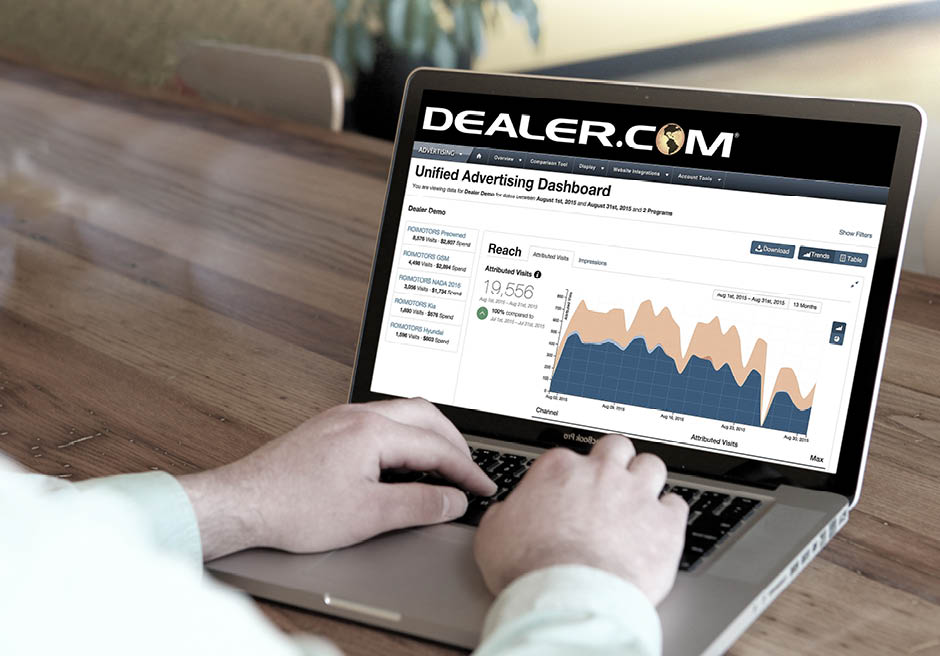Nurture customer trust online
Padlock Power: Why You Should Secure Your Website with HTTPS
Wednesday February 1, 2017
Article Highlights
- The padlock symbol icon next to the URL symbolizes Hypertext Transfer Protocol Secure, or HTTPS, a protocol used on the internet for secure communication between computer networks.
- HTTPS protects the website and its users are from various malicious attacks and vulnerabilities, and protects the privacy and integrity of the data that is being exchanged between the user, the website, and the server.
- Users value their privacy and demand that websites protect their data, so having an HTTPS site will make it an easier decision for customers to interact with your online transacting tools.

Want to buy something online? Great! Just make sure you see a little padlock icon next to the URL field of the web address from which you want to buy.
Never noticed that padlock? Try this: open up Chrome, Firefox, or Safari to name a few, go to Google and type “autotrader” in the search bar. When the search engine results page loads, you’ll see the padlock displayed next to the website URL.
What does the padlock mean? In a nutshell: security. In more technical terms, Hypertext Transfer Protocol Secure, or HTTPS. There’s a lot of buzz about HTTPS right now in both the automotive and search marketing industries, so let’s take some time to discuss what it is, why it’s important, and how you can get your site secured.
What is HTTPS?
First, to understand HTTPS, you need to know what HTTP is. HTTP, or Hypertext Transfer Protocol, is the foundation of communication on the internet. It’s the protocol that allows for the transfer of hypertext, or structured text that uses hyperlinks between data points on a network.
HTTPS (aka HTTP over SSL, Secure Sockets Layer, or HTTP Secure) takes that one step further, as it is a protocol used on the internet for secure communication between computer networks. HTTPS provides authentication of the website a user is trying to access and the server from which it is being served. With the addition of SSL to HTTP, the website and its users are protected from various malicious attacks and vulnerabilities, protecting the privacy and integrity of the data that is being exchanged between the user, the website, and the server.
Security and trust for an auto retail industry of online transactions.
There’s no doubt that the automotive retail industry is adopting a sales model built around online transacting. In order to protect the privacy and security of car shoppers and those online transactions, your website must have proper HTTPS configurations enabled. Without HTTPS in place, that data and those customers are vulnerable to identity theft and cyber attacks. To deliver an optimally secure digital shopping experience, a secure protocol isn’t an option; it’s a necessity.
More broadly, HTTPS helps nurture customer trust while shopping on your website. Users value their privacy and demand that websites protect their data, so having an HTTPS site will make it an easier decision for customers to interact with your online transacting tools.
More security, better search ranking.
HTTPS is quickly becoming the standard for the future of the web. Over 30 percent of web pages that show on the first page of organic search results are using HTTPS, an additional factor for search ranking on Google.
If your website isn’t HTTPS-protected, now is the time to upgrade. And it’s easier and more cost-effective than you might think. A secure website is an engaging website, optimized for today’s digitally savvy car shoppers that seek an online transacting experience.
Pete Bruhn is a website product manager at Dealer.com

